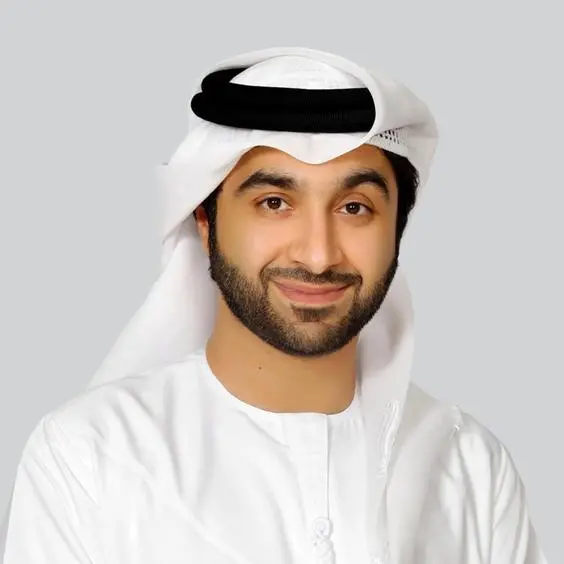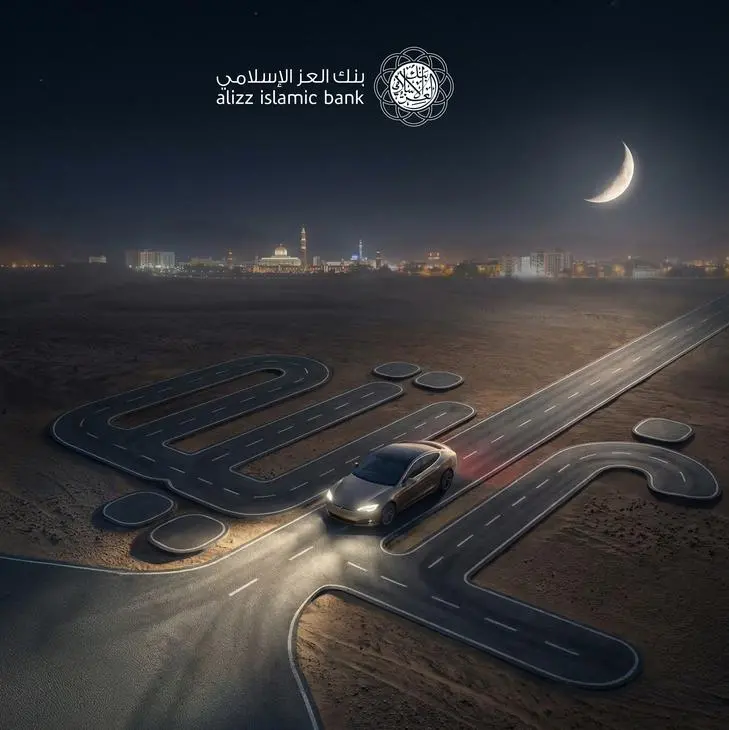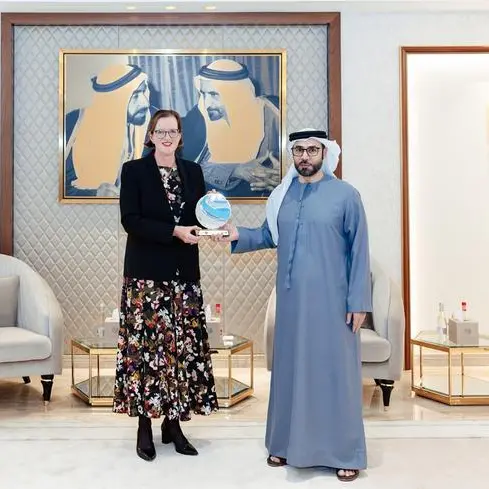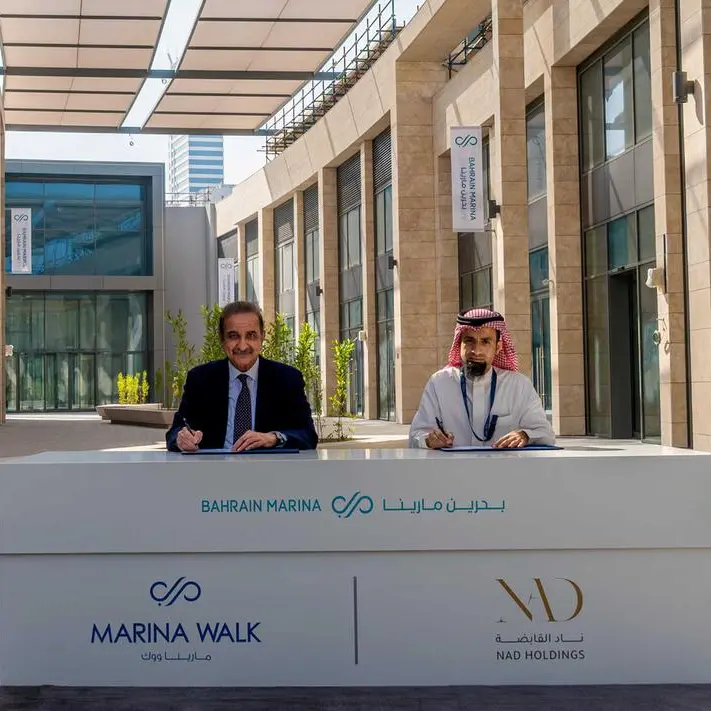PHOTO
DUBAI – SITA, the leading technology provider to the air transport industry, announced the results of its 2021 Middle East, India, and Africa Hackathon this week. Using SITA's extensive range of Application Programming Interfaces (APIs), the program focused on solving the industry's challenges through the creation of innovative solutions. It included more than 300 participants, 16 project submissions, and eight workshops. A panel of judges comprising industry and technology partners selected the top winners.
The highly integrated air transport industry relies heavily on the exchange of data across multiple stakeholders. To facilitate that exchange, SITA offers a broad suite of complementary APIs which enable developers to build applications that improve efficiency and provide richer, more efficient passenger, airport, and travel experiences. Deployed via Developer.aero, SITA's API platform is a growing range of APIs including flight information, airport operations, aircraft information, passenger processing, messaging APIs, and SITA Flex, a new cloud-based common-use platform. SITA's APIs also include the ability to integrate advanced artificial intelligence and machine learning.
The winning submission came from Ghana, with an app called Trippp. The app acts as a person's travel companion and uses different APIs. This helps the user make informed decisions about their journey from airport wait times to recommendations of items to pack based on the weather at the destination.
Hani El-Assaad, President, Middle East & Africa, SITA, said: "This year's Hackathon was a fascinating insight into the way innovative minds are constantly looking for opportunities to solve challenges. Aviation has yet to take full advantage of the potential of APIs, and it was exciting to see our APIs being used to drive greater innovation and development in this area. We would like to thank everyone who has been involved in making this year's Hackathon a resounding success."
The second-place entry was from India and was based on a simple app called Flying Lily. The app provides passengers automated discount coupons for in-flight retail based on their waiting time. It ensures that passengers are compensated for longer wait times and helps in increasing retail purchases during flights.
The third-place submission was from Jordan called Don't Let Me Wait – a project that helps passengers make their flights on time by helping them figure out the total time it'll take to board their flight. This includes traffic to the airport, waiting times at the airport, and any unexpected delays due to weather, making it easy for travelers to plan and reach their flights on time. The project is based on a simple online form as well as an informational chatbot option.
© Press Release 2021
Disclaimer: The contents of this press release was provided from an external third party provider. This website is not responsible for, and does not control, such external content. This content is provided on an “as is” and “as available” basis and has not been edited in any way. Neither this website nor our affiliates guarantee the accuracy of or endorse the views or opinions expressed in this press release.
The press release is provided for informational purposes only. The content does not provide tax, legal or investment advice or opinion regarding the suitability, value or profitability of any particular security, portfolio or investment strategy. Neither this website nor our affiliates shall be liable for any errors or inaccuracies in the content, or for any actions taken by you in reliance thereon. You expressly agree that your use of the information within this article is at your sole risk.
To the fullest extent permitted by applicable law, this website, its parent company, its subsidiaries, its affiliates and the respective shareholders, directors, officers, employees, agents, advertisers, content providers and licensors will not be liable (jointly or severally) to you for any direct, indirect, consequential, special, incidental, punitive or exemplary damages, including without limitation, lost profits, lost savings and lost revenues, whether in negligence, tort, contract or any other theory of liability, even if the parties have been advised of the possibility or could have foreseen any such damages.




















